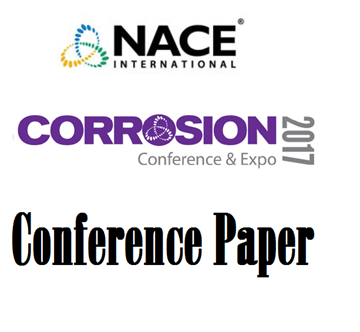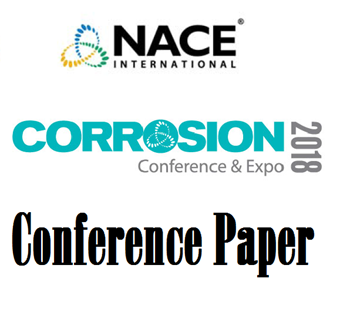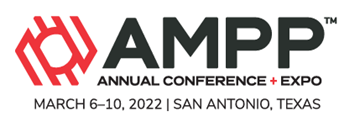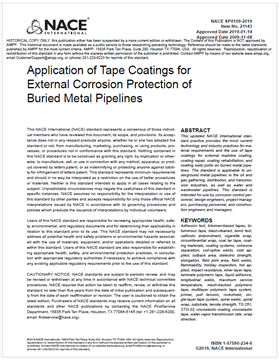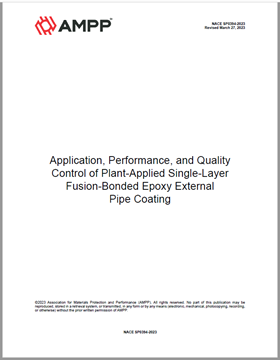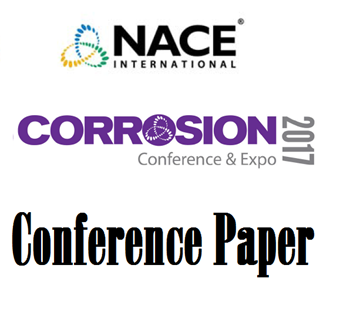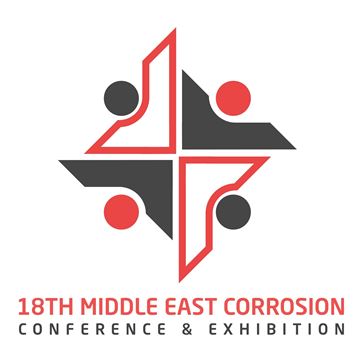Search
Products tagged with 'repair'
View as
Sort by
Display
per page
51317--9516-Combining Field Data Lab Tests Modeling and LCCA to Select Optimal Repair Options
Product Number:
51317--9516-SG
ISBN:
9516 2017 CP
Publication Date:
2017
$20.00
51318-11288-Bridge Coating Operation and Maintenance Planning
Product Number:
51318-11288-SG
Publication Date:
2018
$20.00
Cold-Spray Application For In-Field Corrosion And Damage Repair
Product Number:
51323-19086-SG
Publication Date:
2023
$20.00
Efficacy Of MIL-DTL-5541 Compliant Non-Chromate Conversion Coating Repair Materials
Product Number:
51322-17625-SG
Publication Date:
2022
$20.00
Guidelines for Proper Care and Restoration of EIFs and Non-EIFs Exteriors
Product Number:
41211-600-SG
Publication Date:
2011
$20.00
Impact of Welder Performance on the Integrity of Welds, and Enhancement of Welds Quality
Product Number:
MPWT19-15249
Publication Date:
2019
$0.00
Internal Corrosion in Natural Gas Pipelines
Product Number:
51323-19507-SG
Publication Date:
2023
$20.00
Metallurgical Analysis of 30-Inch Pipe Containing an Internal Crack
Product Number:
51324-20700-SG
Publication Date:
2024
$40.00
NACE SP0109-2019, Application of Tape Coatings for External Corrosion Protection of Buried Metal Pipelines
Product Number:
21143-SG
Publication Date:
2019
$179.00
NACE SP0394-2023, Application, Performance, and Quality Control of Plant-Applied Single-Layer Fusion-Bonded Epoxy External Pipe Coating
Product Number:
NACE SP0394-2023
Publication Date:
2023
$109.00
Organofunctional Silane Corrosion Inhibitor Surface Treatment of Concrete to Mitigate Corrosion Due to Chlorides or Carbonation
Product Number:
51317--9130-SG
ISBN:
9130 2017 CP
Publication Date:
2017
$20.00
- 1
- 2

